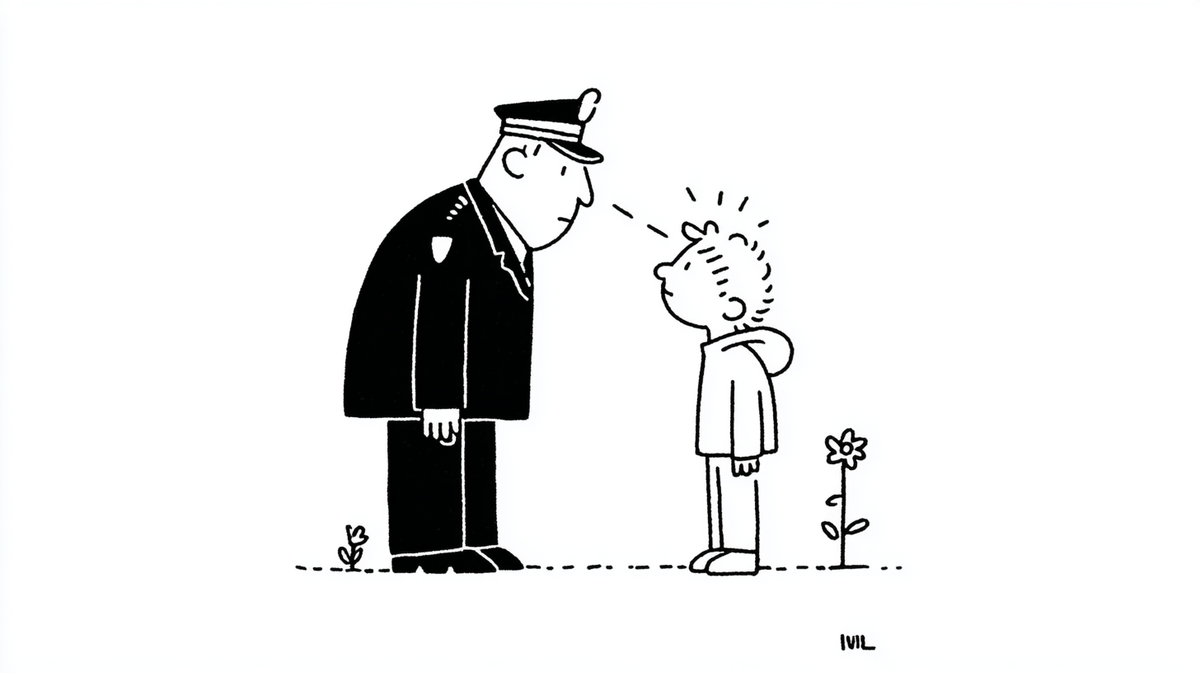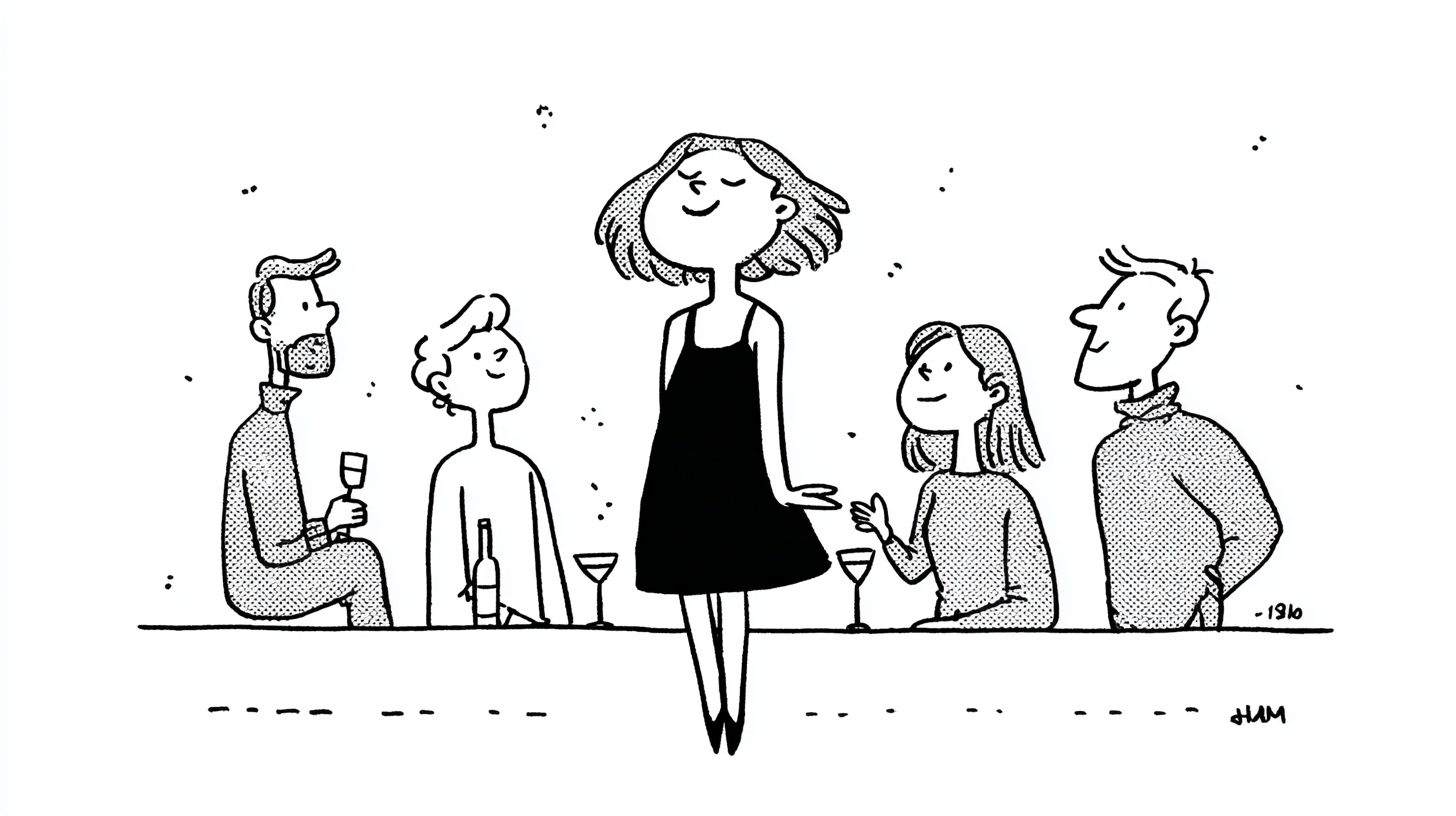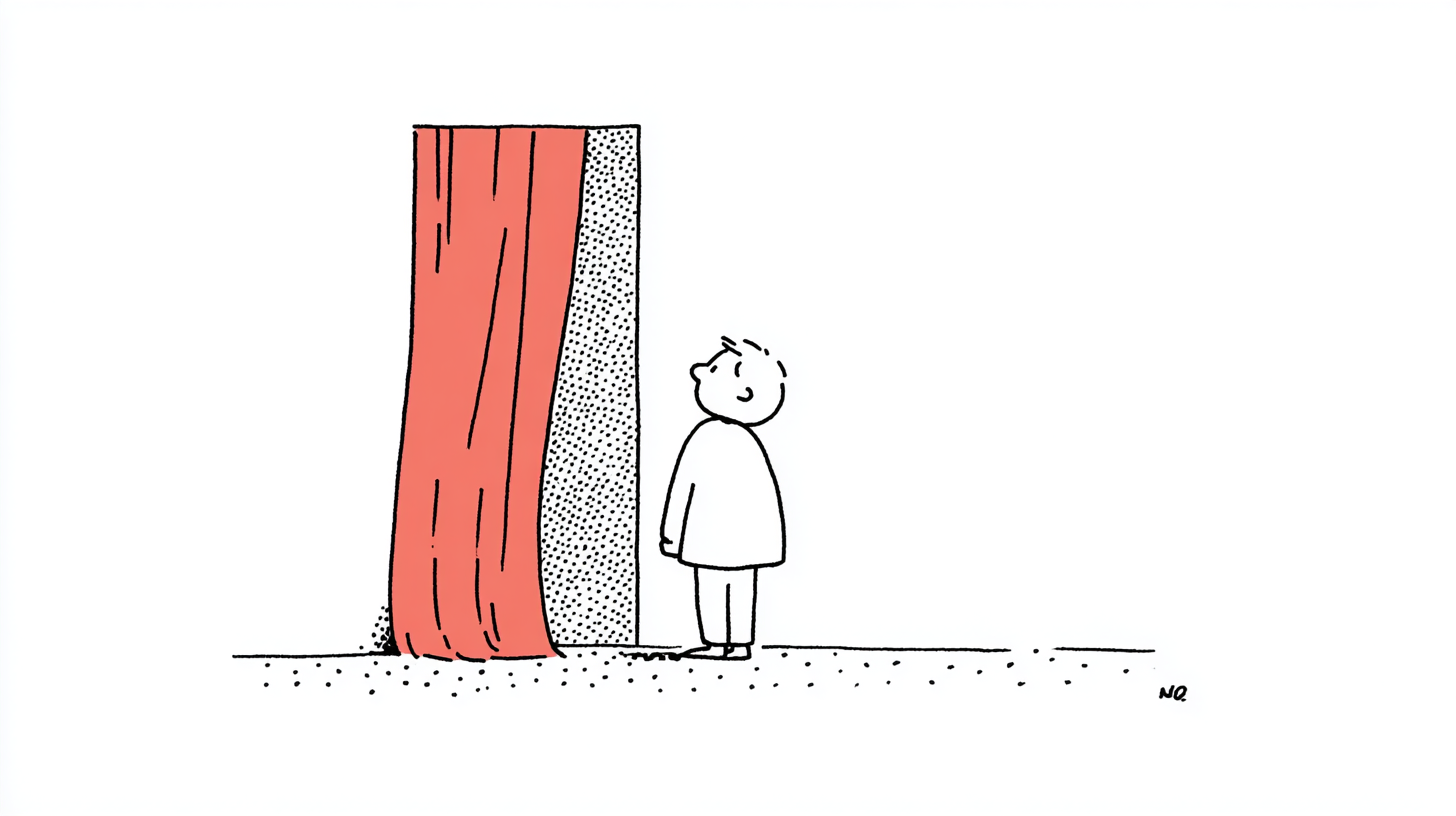Sex, music, alcohol, and defiance
Chapter 1: What Did You Say?

The best stories my dad ever told me were of his defiance.
Plotting to emigrate through French Institute into Canada when he was just seventeen before his brother ratted him out (gasp), which yielded him a place on the no-fly list.
Jumping out of the midnight train with thirty other teenagers on the way to see an illegal punk show because the next stop had fifty cops waiting to beat their skulls with batons.
Never aligning himself with the Communist Party, which prevented him from receiving education and therefore any good job.
Things under totalitarian control are simple. You are given one option for a few things and no options for everything else. There’s a certain serenity when we are given clear constraints. Like being in a prison, or more poetically, like being forced to be a monk.
My dad was certainly no monk. In his own words sitting next to my mom: “Women found me very charming.” She just nodded, smiling.

They met at the local theater pub. One day he swung open the door and saw my mother drunkenly dancing on the table surrounded by her actor friends. She was twenty, already married and with a few months old baby. Talk about a meet-cute.
Sex, music, alcohol, and defiance. They made the best out of the few options they got.
Alcohol was the acceptable mental health cure for my parents — less vilified than fists to their parents, or knives to theirs. Vodka was the only therapist they opened up to, regardless if anyone was around to hear it.
Everyone lived with constant paranoia of their neighbor (or brother) ratting them out. But drunk you had an excuse: “I wasn’t myself!” When the opportunists and pragmatists alike chose to protect their families and pay with their morality. Drunk, the rat could ask for forgiveness: “I had no choice!”
The thought of sober complaining about how you had it rough was ridiculous, because everyone had it rough. Alcohol allowed the oppressed population to spill the beans, but not the blood. And if you even considered the thought, the post-WWII generation would have reminded you what rough looked like.
translation: drunk gibberish
Restrained in their own house, distrustful, and unable to resolve shared hardships left the generation emotionally stifled. My parents wouldn’t waste time on small talk, ask for help, or show affection.
While they couldn’t build the exact future they wanted, they built a home from every scavenged nut and bolt. Old pants and socks were stitched, wobbling furniture was hobbled, and radio was rewired when it short circuited. The personal upkeep and limited options made them that much more appreciative of what they had.
Times were boring without the abundance of choice, trends, and travel. Lazy lying in bed with your loved one, listening to the beat of the ceiling fan, wasn’t the most exciting story to share, but it stored a powerful emotion. Appreciating simple moments, enjoyment of each other’s company didn’t require a field of practice, because they happened naturally. Patience was common, as things just moved at a slower pace.
Then came the 1980s. The West rushed in with cocaine-powered consumption, while Soviets were desperately trying to save the union's economy. Everyone was patiently waiting for things to play out one way or another.

The Velvet Revolution ended the forty years of Soviet Communism in November of 1989. I was born nine months later from the celebration by sex, music, and alcohol.
Overnight, the small and manageable city my parents grew up in, turned into a wide-open unknown world, for which they were not ready. The long-gated angst of the taken away freedom now surfaced as dreams and hopes.
Take a wild guess who they put it all on?
What Did You Say?
A series about dreams, defiance, narcissism, identity, and assholes. But really a look at how different people preferring different technologies can coexist.
Summary
Preamble: Why should you care about attention
→ Chapter 1: Sex, music, alcohol, and defiance
Chapter 2: Promise
Chapter 3: The night Cinderella died
Chapter 4: How to be a narcissist without being an asshole
Chapter 5: Being everywhere all at once